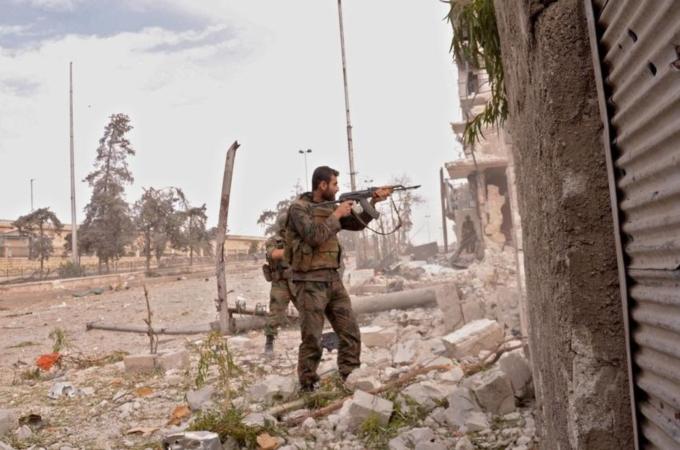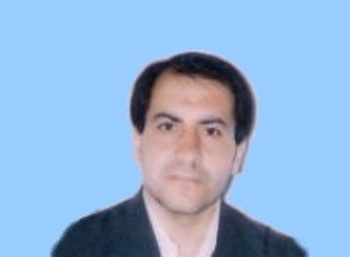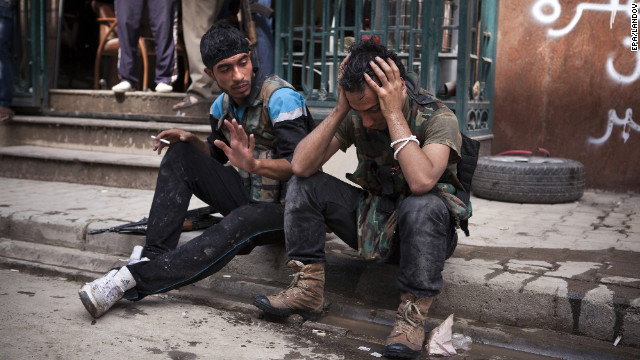By Ali Al-Bassam
Impunity Watch Reporter, Middle East
DAMASCUS, Syria — Army and rebel sources said last Monday that Syrian forces attacked rebel controlled neighborhoods in Homs City and the nearby town of Qusayr in an effort to regain control of the Idlib and Homs provinces.

A Syrian security official said that the army now expects to take back the besieged areas by the end of the week, enabling troops to focus their attention towards northern cities such as the commercial capital of Aleppo.
“It is a huge operation, and we hope to finish it off by the end of the week,” he said, speaking under the condition of anonymity. “After that, we will concentrate on the north of Syria.”
The revolt in Homs, Syria’s largest province, began as a peaceful protest that spiraled into warfare when Assad’s forces responded to the Sunni-led movement with force. Activists refer to it as the “capital of the revolution.” Located near both Lebanon and Damascus, Homs’ location is of strategic importance to the rebels. It is where they coordinated with sympathizers in northern Lebanon to smuggle supplies into the the province and wounded fighters into Lebanon. Homs has seen some of the worst violence since the revolution to remove President Bashar Al-Assad began in March last year. The army made numerous attempts to reclaim the region, but such sieges were unsuccessful.
On Friday, Syria deployed fighter jets in the Khalidiyeh neighborhood of Homs. Videos posted online appeared to show the jets dropping barrels of explosives on the besieged areas. Reinforcements were sent to Homs, where the army successfully stopped food and aid from reaching rebel-held areas. Humanitarian conditions in the area are now worsening, and those who live there continue to lose hope.
“The siege is a huge problem for us. We are dying every day, but nobody is paying attention to us,” said Raji Rahmet Rabou, an activist in Homs.
Meanwhile, clashes continue to take place in other provinces around Syria. The UK-based Syrian Observatory for Human Rights (SOHR) told Al Jazeera that twenty people were killed, including at least five rebel fighters, in the town of Karak al-Sharqi. SOHR also reports that Syrian troops are to blame for purposely targeting cars ferrying wounded people to field hospitals and clinics for treatment, but Al Jazeera has been unable to confirm this due to reporting restrictions.
For further information, please see:
Al Jazeera — Syrian Forces Step up Attacks on Rebel Areas — 8 October 2012
The Business Recorder — Syria Army Steps up Homs Assault — 8 October 2012
The Daily Star — Syria Army Steps up bid to Crush Homs Rebels — 8 October 2012
Reuters — Syrian Forces Advance Into Rebel-Held Part of Homs — 8 October 2012




